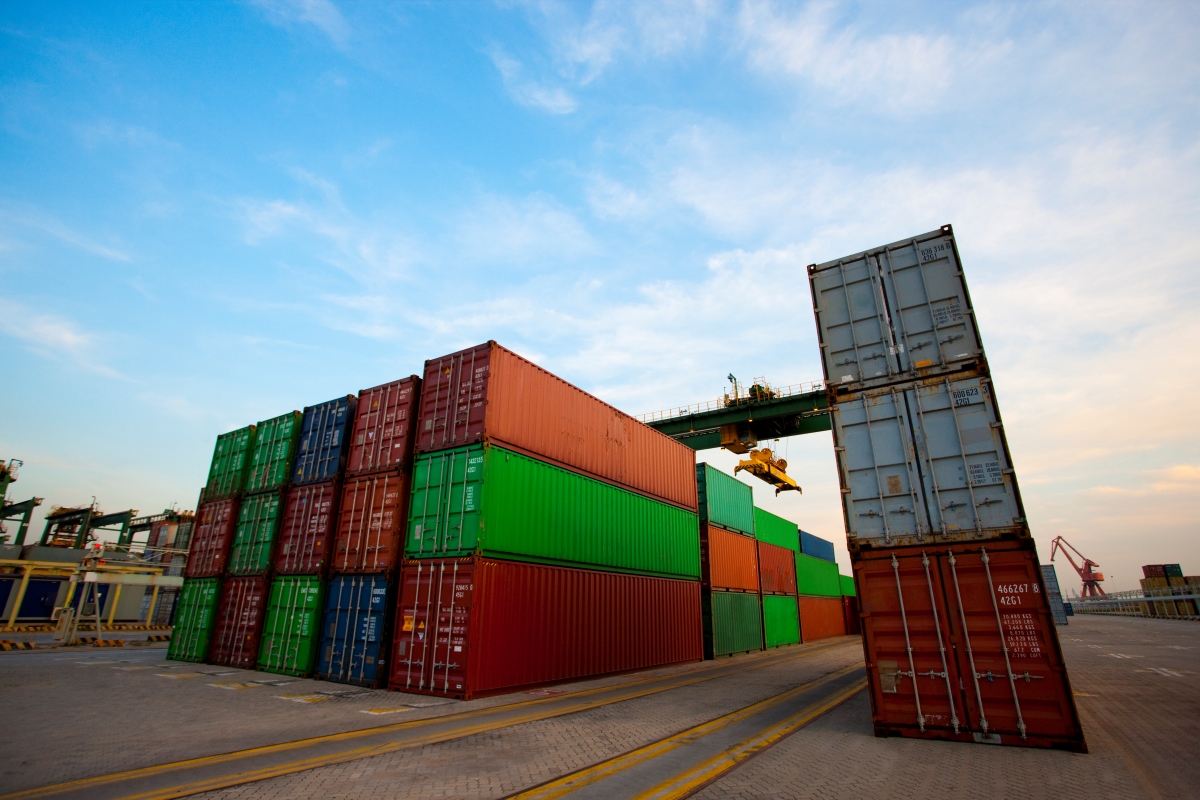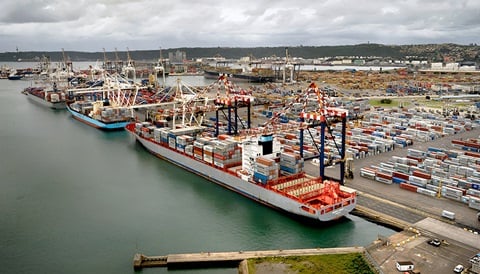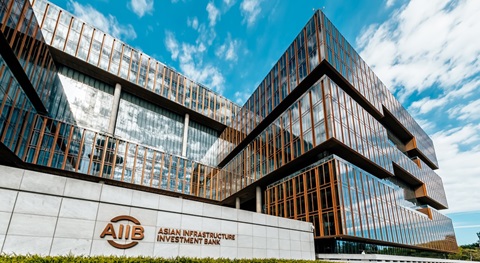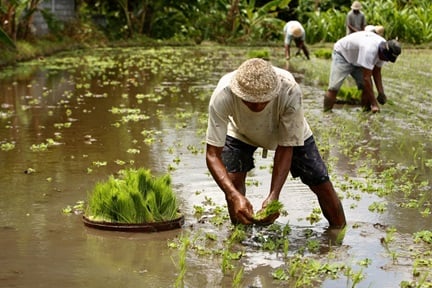China to scrap tariffs on imports from all African countries
But non-tariff barriers and limited processing capacity could blunt the impact

China plans to eliminate tariffs on imports from all 53 African countries with which it has diplomatic ties. While no date has been announced for when the policy will take effect, the move is seen as a direct counter to recent US tariffs on African exports. It could also open the door for Singaporean trade-related companies to benefit from rising Africa-China commerce.
The measure builds on China’s existing policy of granting duty- and quota-free access to African least-developed countries (LDCs). Under the new plan, higher-income economies such as South Africa, Nigeria, Egypt, Morocco and Kenya will also be eligible for preferential treatment. The only African country excluded is Eswatini, due to its diplomatic recognition of Taiwan.
For the past 15 years, China has been Africa’s largest trading partner. Bilateral trade reached US$296bn in 2024, but the bulk of that comprised Chinese exports to Africa, valued at US$179bn. African exports to China totalled just US$117bn, much of it in raw materials such as oil and mining commodities.
China began offering preferential market access to African LDCs in 2003, initially granting duty-free status on 190 products. Over the years, it has steadily expanded the list of products and revised the roster of eligible countries. In late 2024, it removed tariffs on a further 140 products from 33 LDCs, including rice, wheat, sugar, cotton, paper and wood.
The scrapping of tariffs is expected to make certain African industries slightly more competitive in the Chinese market. For instance, Kenyan avocados, which currently face a 7% tariff, will be better positioned against imports from Peru, which already benefit from 0% duties. Likewise, South African wine – currently subject to a 14% tariff – will be able to compete more effectively with Australian and Chilean varieties, which also enjoy tariff-free access.
The policy may also prompt Chinese manufacturers to invest more heavily in African industrial zones – some of which were built with Chinese support – to produce goods not only for African consumption but also for export back to China. Wu Peng, China’s ambassador to South Africa, framed the policy as a tangible demonstration of China’s long-term intentions. “We will take real actions to contribute to Africa’s industrialisation and modernisation,” he stated. In a pointed comparison, he added that imposing high tariffs on African nations “is very unreasonable and sometimes brutal.”
However, the immediate commercial impact may be muted. Tariffs were rarely the primary obstacle for African exporters. Instead, structural bottlenecks—such as logistics limitations, weak cold chain infrastructure, and the high cost of meeting China’s strict sanitary and technical standards—continue to constrain export potential.
China’s strict sanitary and phytosanitary standards, along with technical requirements such as labelling and product quality specifications remain a major hurdle for African exporters. Many countries on the continent lack accredited laboratories, inspection facilities and trained personnel to meet these protocols. Exporters also face high compliance costs for cold storage, packaging and certification. It took countries such as Kenya, South Africa and Tanzania considerable effort to gain approval to export products like citrus, avocados and honey.
Analysts note that for the tariff cuts to be truly transformative, African countries need to move beyond low-value, unprocessed exports and build greater capacity to manufacture value-added products. Some also argue that African manufacturers must become more integrated into Asian production value chains to fully tap into the opportunity.
Growing Africa-China trade could create new openings for Singaporean trade-related companies, especially as businesses seek to offset potential slowdowns in global commerce triggered by US tariffs. Singapore is a key node on the Maritime Silk Road – a component of China’s Belt and Road Initiative aimed at strengthening maritime trade routes linking China with Southeast Asia, Oceania, the Indian Ocean and East Africa. In a recent S Rajaratnam Lecture, Singapore’s Prime Minister Lawrence Wong noted the country’s intent to deepen engagement with Africa and said it would open more diplomatic missions on the continent.
Thanks to its strategic location, Singapore could see a rise in container and air cargo volumes flowing between Africa and China. Both the Port of Singapore and Changi Airport already serve as major transshipment hubs. There may also be opportunities for Singapore’s financial sector. As Africa-China trade expands, demand is likely to grow for RMB-denominated payment clearing, supply-chain financing and currency hedging. In addition, Singaporean trading firms may explore sourcing African products suited to Chinese consumer demand.
References
'China’s maritime silk road: Strategic and economic implications for the Indo-Pacific Region', Center for Strategic and International Studies, 02 April 2018
‘China grants full duty-free access to 33 African countries’, NTU-SBF Centre for African Studies, 28 January 2025
'Reimagine Singapore as a trading hub', PwC, 12 February 2025
'Trump tariffs: Quick takes on Singapore and Asia impact, countries’ reactions', The Business Times, 03 April 2025
'Singapore warns end of free trade era ‘very hostile’ for small nations', Financial Times, 07 Apr 2025
'Speech by Prime Minister and Minister for Finance Lawrence Wong at the S Rajaratnam Lecture on 16 April 2025', Prime Minister's Office Singapore, 16 April 2025
'SAfm market update China seeks to up SA agri product imports', Moneyweb, 29 April 2025
'Foreign ministry spokesperson Lin Jian’s regular press conference', Ministry of Foreign Affairs People's Republic of China, 11 June 2025
'List of the outcomes of the implementation of the follow-up actions of the Beijing summit of the Forum on China-Africa Cooperation', Ministry of Foreign Affairs People's Republic of China, 11 June 2025
'China ready to drop all tariffs on African imports', BBC, 12 June 2025
'China says it will remove all tariffs on African exports to boost trade', Reuters, 12 June 2025
‘China is trying to win over Africa in the global trade war’, The Economist, 19 June 2025







